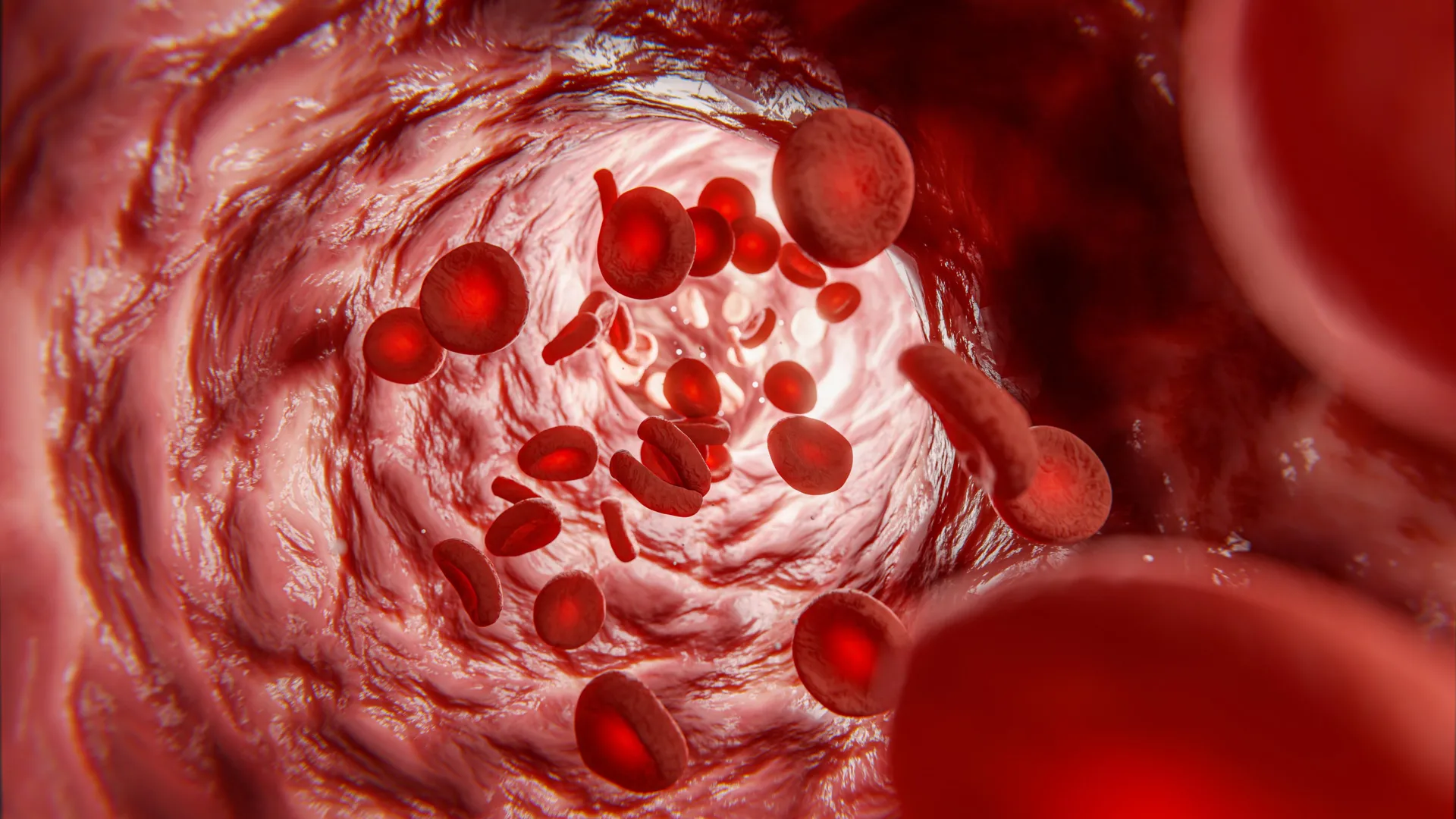Now Reading: Overworked Neurons Linked to Parkinson’s Disease Progression
-
01
Overworked Neurons Linked to Parkinson’s Disease Progression
Overworked Neurons Linked to Parkinson’s Disease Progression

Rapid Summary:
- Researchers at Gladstone Institutes have discovered that chronic overactivation of certain brain cells responsible for controlled body movements can cause their degeneration and eventual death in mice.
- Parkinson’s disease, which affects more than 8 million people globally, involves the gradual loss of dopamine-producing neurons in the substantia nigra region of the brain.
- The study published in eLife shows that continuous activation of dopamine neurons mimics degeneration patterns seen in Parkinson’s patients.
- Overactivation disrupts neuronal calcium regulation and dopamine metabolism, potentially causing toxic effects.Similar molecular changes were observed in tissue from human Parkinson’s patients.
- This research suggests genetic factors, environmental toxins, and compensatory overactivity as possible causes for neuron degeneration. A “vicious cycle” may worsen movement deficits and accelerate cell death.
- Scientists hypothesize that adjusting neuron activity with drugs or deep brain stimulation coudl help slow degeneration.
Indian Opinion Analysis:
The findings offer a compelling direction for understanding Parkinson’s disease by linking chronic neural overactivation to eventual cell death.For India, where rates of neurodegenerative disorders are on the rise due to aging demographics and lifestyle shifts, this breakthrough is highly notable. It underscores an urgent need to invest further resources into neuroscience research and expand access to advanced treatments such as deep brain stimulation technologies.
Moreover, identifying environmental triggers resonates with India’s challenges around pollution control-a contributing factor cited for various health conditions. Policymakers may formulate targeted health campaigns or collaborations with global scientific institutions like Gladstone Institutes to explore preventive strategies tailored for vulnerable populations.
Progress made toward modifying neuron activity brings hope not just scientifically but also ethically; treatment advancements could improve quality-of-life outcomes for millions worldwide while addressing gaps in care within India’s healthcare system.

























